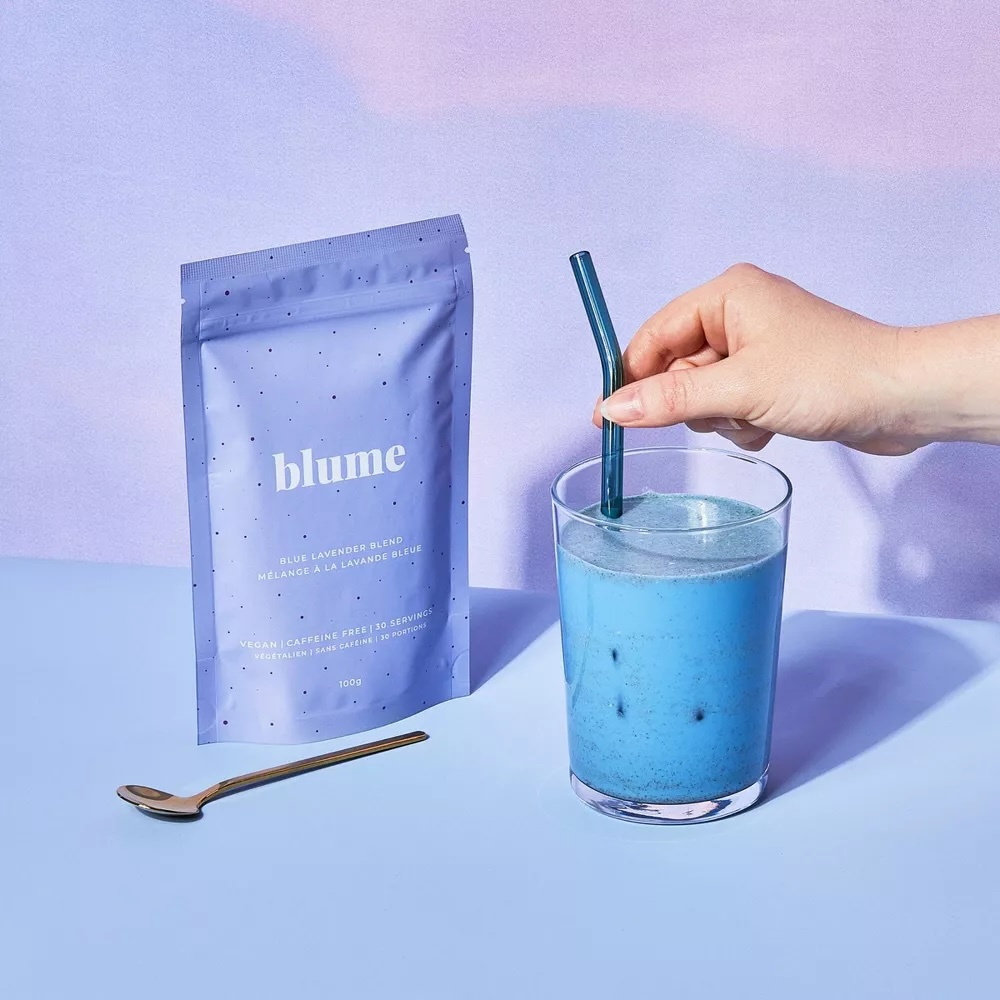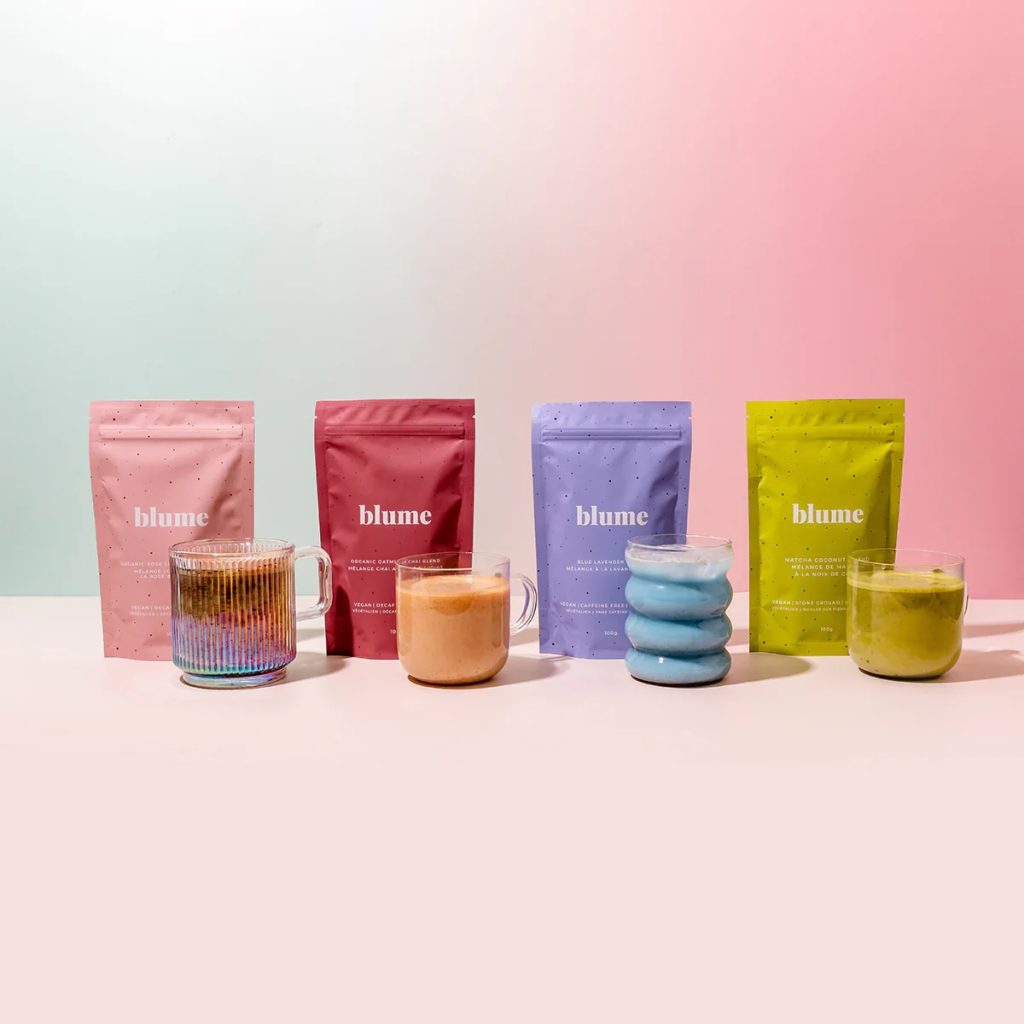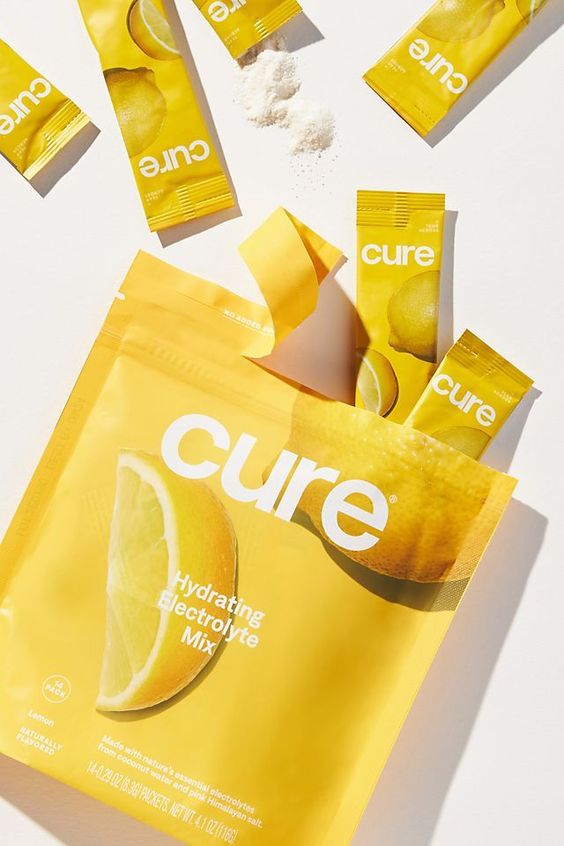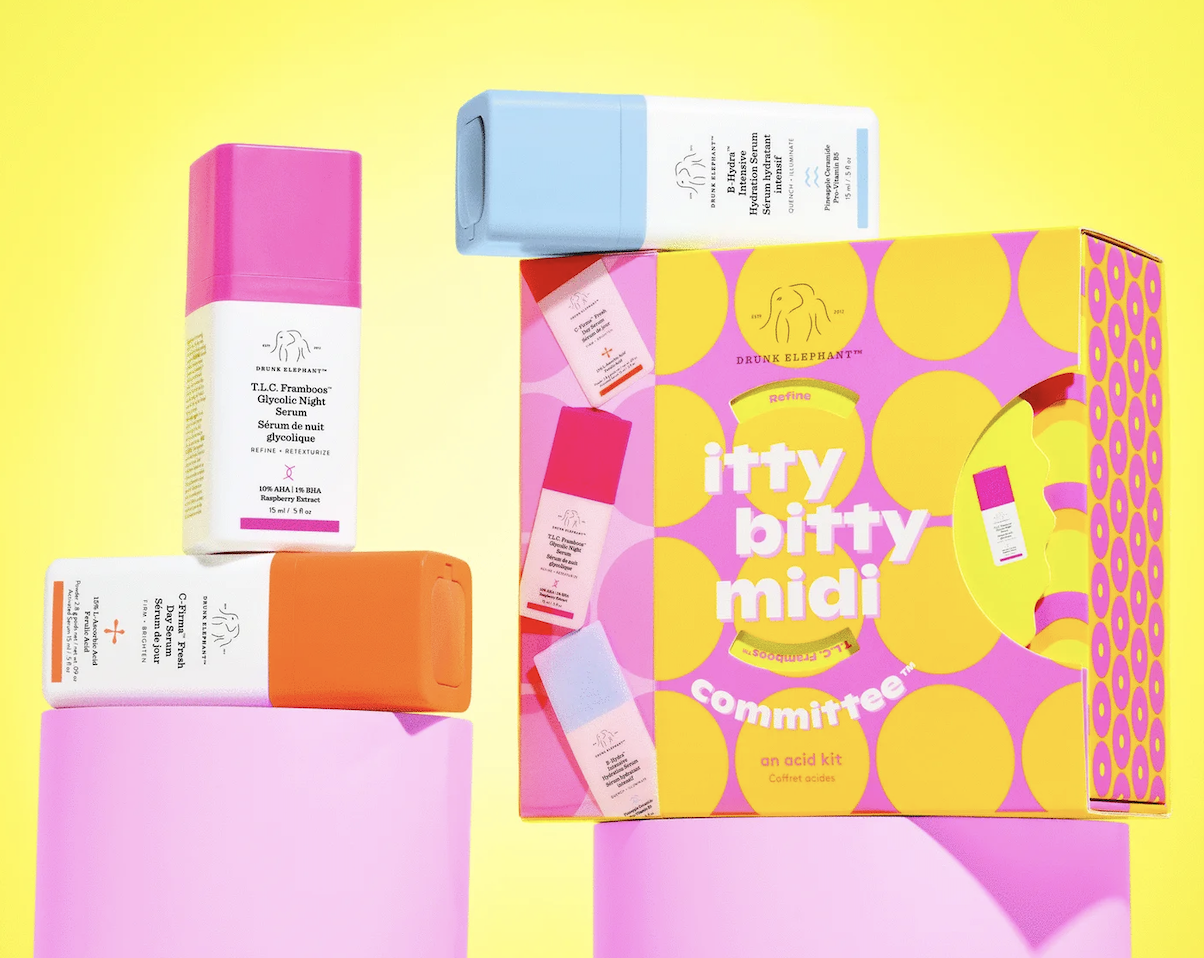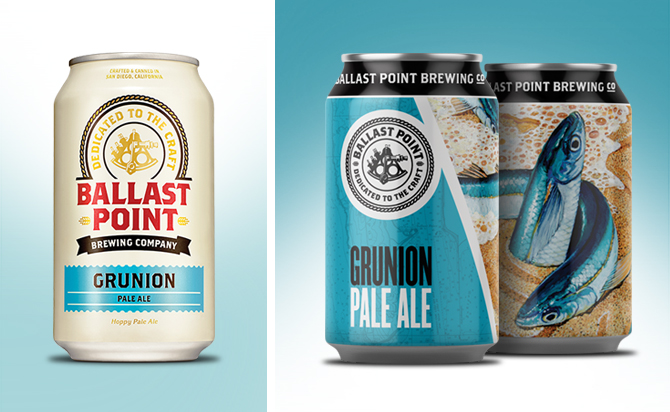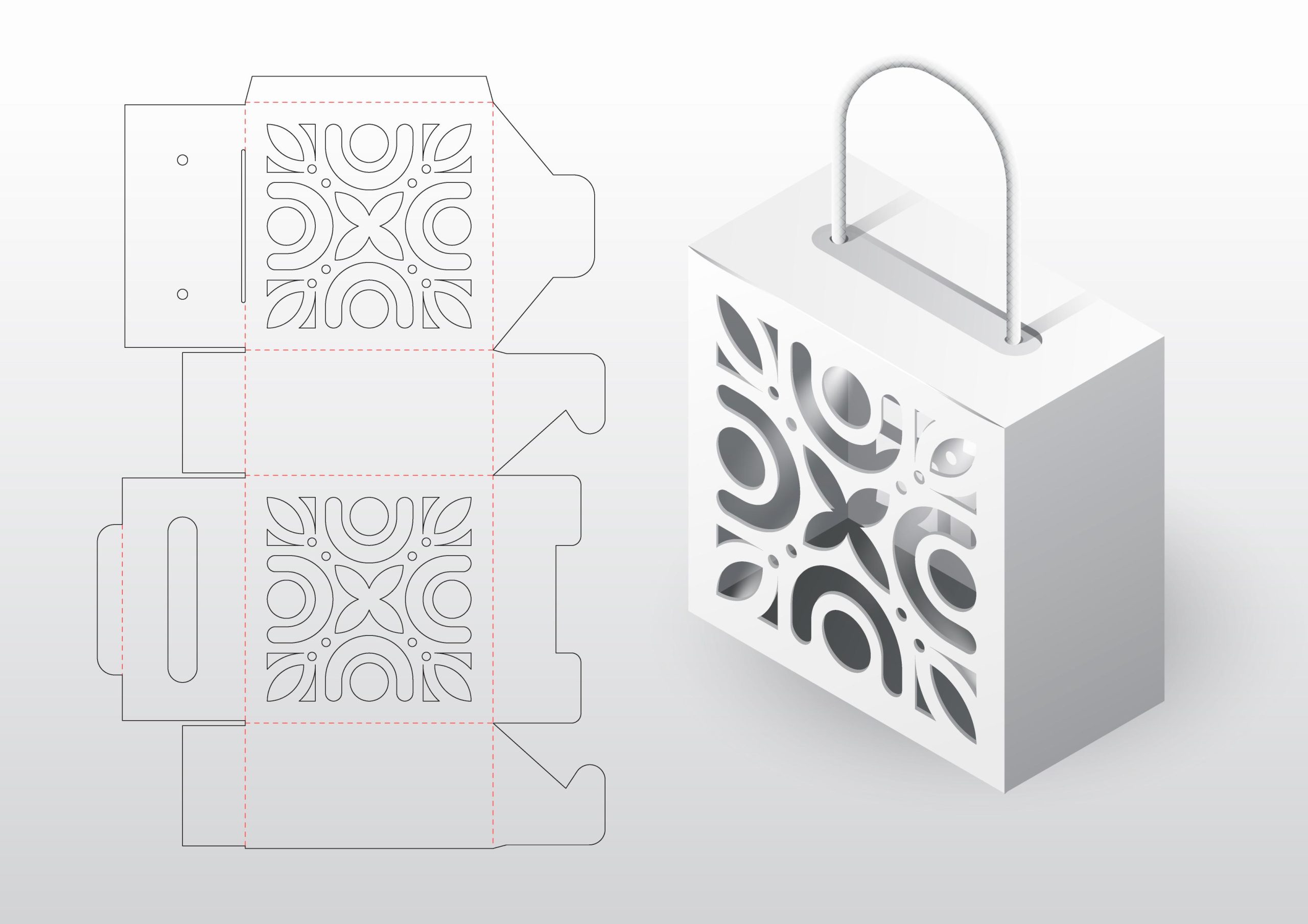Key Benefits of Flexible Packaging:
- Sustainability Champion: Flexible packaging boasts a significantly lower carbon footprint compared to traditional packaging materials like rigid plastics or glass. Its lightweight nature reduces transportation costs and emissions, while advancements in recyclable and compostable materials further enhance its eco-friendly appeal.
- Enhanced Shelf Appeal: The flexibility of packaging design allows for eye-catching graphics, vibrant colors, and unique shapes, effectively capturing consumers’ attention amidst crowded retail shelves. Brands leverage this visual appeal to differentiate their products and establish a memorable brand identity.
- Extended Product Freshness: Flexible packaging, equipped with advanced barrier properties, safeguards products against moisture, oxygen, and light exposure, thereby prolonging shelf life and preserving product quality. This ensures a positive consumer experience and minimizes food waste—a pressing concern in today’s sustainability-conscious society.
- Cost-Efficiency: Compared to rigid packaging alternatives, flexible packaging offers significant cost savings in material, production, and transportation expenses. Its lightweight construction reduces shipping costs and storage space requirements, contributing to overall supply chain efficiency and profitability.
Use Cases of Flexible Packaging:
- Food and Beverage Industry: Flexible packaging revolutionizes the food and beverage sector, offering convenient, lightweight, and tamper-evident solutions for a wide range of products, including snacks, beverages, condiments, and ready-to-eat meals. Stand-up pouches, resealable bags, and shrink sleeves are popular choices, providing superior barrier protection and consumer convenience.
- Personal Care and Household Products: From shampoo sachets to detergent pouches, flexible packaging finds widespread application in the personal care and household products segment. Its versatility allows for innovative packaging designs that enhance product dispensing, portability, and shelf appeal, driving consumer engagement and brand loyalty.
- Pharmaceuticals and Healthcare: Flexible packaging meets stringent safety and compliance standards in the pharmaceutical and healthcare industries, offering tamper-evident seals, child-resistant closures, and barrier protection against moisture and UV radiation. Single-dose sachets, blister packs, and pouches facilitate accurate dosing and ensure product integrity throughout its shelf life.
Brand Examples:
- Nestlé: Nestlé, a global leader in the food and beverage industry, embraces flexible packaging across its diverse product portfolio. Brands like Nestlé Pure Life utilize stand-up pouches for their water products, combining convenience with sustainability to meet evolving consumer preferences.
- Procter & Gamble: Procter & Gamble (P&G) leverages flexible packaging innovations in its personal care and household brands, such as Tide laundry detergent and Pampers diapers. Resealable pouches and flexible film materials optimize product freshness, ease of use, and storage efficiency, aligning with P&G’s commitment to sustainability and consumer satisfaction.
- Mars, Incorporated: Mars, Incorporated integrates flexible packaging solutions in its confectionery and pet care brands, including M&M’s and Pedigree. Stand-up pouches and flexible wrappers not only enhance product visibility and protection but also reduce packaging waste and environmental impact—a testament to Mars’ corporate responsibility initiatives.
Reasons for Switching to Flexible Packaging:
- Environmental Concerns: With growing awareness of plastic pollution and environmental degradation, companies are transitioning to sustainable packaging alternatives like flexible packaging to minimize their ecological footprint and meet consumer expectations for eco-friendly products.
- Consumer Convenience: Flexible packaging offers unparalleled convenience in terms of portability, repeatability, and portion control, catering to consumers’ on-the-go lifestyles and preferences for hassle-free packaging solutions.
- Brand Differentiation: In a competitive market landscape, brands seek innovative packaging solutions that not only protect and preserve their products but also resonate with consumers on a visual and emotional level. Flexible packaging enables brands to stand out on the shelf and reinforce their brand identity through creative design and functional features.
In addition to providing a winning blend of consumer convenience, commitment to the environment, and brand creativity, flexible packaging offers brands a flexible, sustainable, and affordable option. The packaging landscape is changing to suit the demands of a dynamic marketplace as more businesses realize the benefits of flexible packaging. This is creating positive change and influencing the sustainability and design of packaging in the future.
